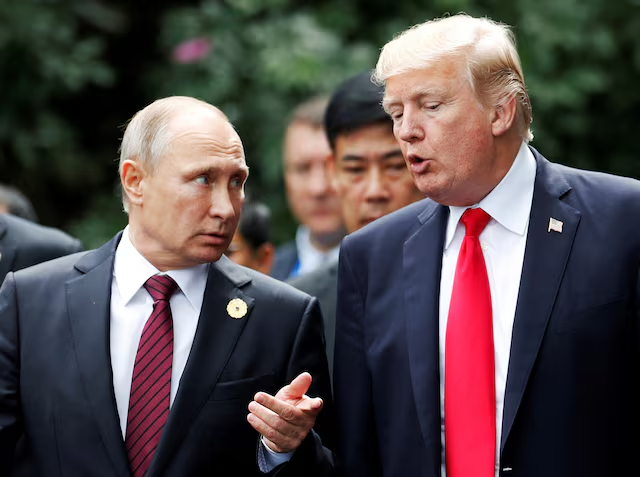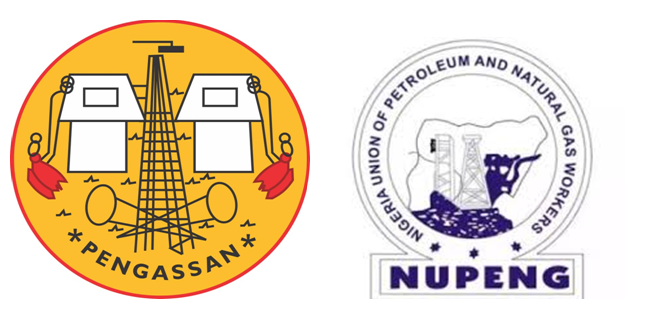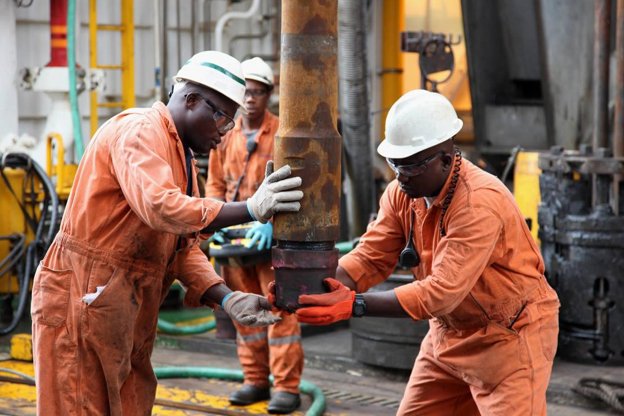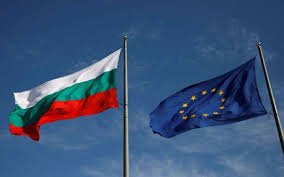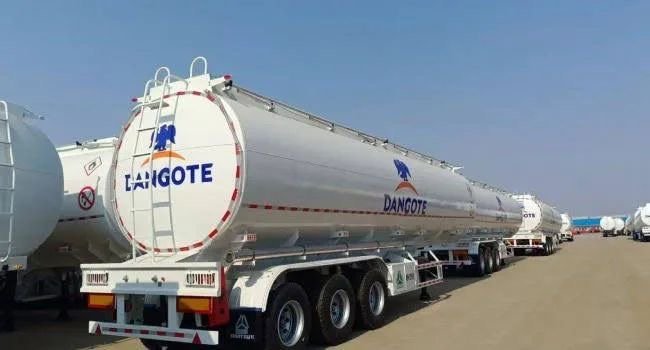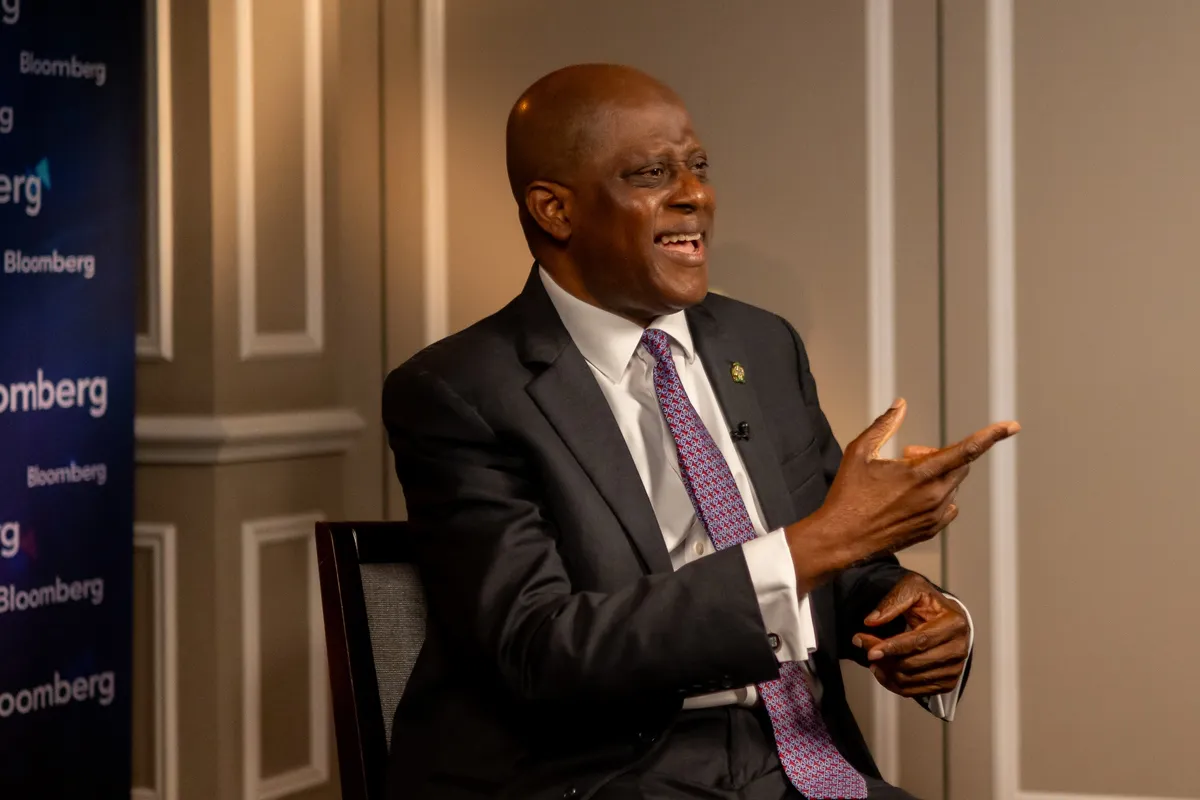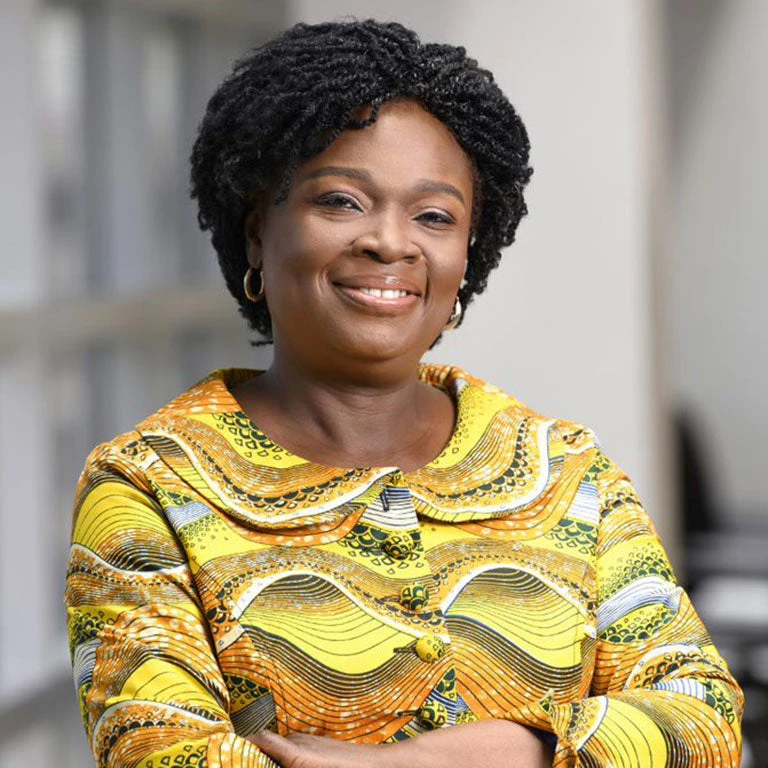The African Development Bank’s (AfDB) Board of Governors on Thursday elected Mauritanian national Sidi Oud Tah as the new president of the bank. The Economist who emerged in a contest with four other candidates has been vocal about his desire to close Africa’s vast infrastructure financing gap by tapping deep-pocketed Gulf investors, and with his win, the plan looks to be fully in motion.
About Sidi Oud Tah
Sidi Ould Tah, who was born on December 31, 1964, in Mederdra, Mauritania holds a Ph.D. in Economics from Nice-Sophia-Antipolis University in France and a DEA (Diplôme d’Études Approfondies) in Economics from Paris VII University.
He has also completed executive programs in investment, leadership, asset management, and financial engineering at prestigious institutions such as Harvard Institute for International Development, London Business School, and the Swiss Finance Institute
He was a former advisor to both the President and the Prime Minister before being appointed the country’s Minister of Economy and Finance in 2008, a position he held until 2015.
Sidi Oud Tah’s Close Affinity For Gulf Nations
In addition to serving as Mauritania’s former Minister of Economic Affairs and Finance, Sidi Oud Tah has strong ties with the Gulf world, having served as President of the Arab Bank for Economic Development in Africa (BADEA) between 2015 and April 2025, when he resigned to contest the AfDB presidency.
BADEA underwent a substantial transformation, including a 376% increase in its authorized capital from USD 4.2 billion to USD 20 billion during his tenure and the establishment of BADEA’s $1 billion callable capital program for African MDBs, a feat he hopes to replicate with the AfDB by tapping into the Gulf region’s resources.
He had said in a recent interview “The Gulf region has excess liquidity and operates multiple development finance institutions offering capital at low cost,.
“We are not fully tapping into this potential, despite growing interest from GCC sovereign wealth funds to invest in Africa.” indicating his conviction to tap the gulf region for funds.
“Given my background and my network in the Arab financial ecosystem, I am positioned to bring fresh strategic capital into Africa’s development agenda,” Tah concluded.
Africa’s Need For Capital
According to the AfDB, Africa requires an estimated $402.2 billion annually between now and 2030 to drive infrastructural transformation, climate adaptation, and sustainable development goals. Of this figure, the AfDB estimates infrastructural financing alone requires between $68billion and $108 billion annually.
The continent also needs more than $1.3 trillion to achieve sustainable development goals, and about $242.4 billion annually for climate change financing until 2050. The AfDB’s ability to meet this financial challenges has been greatly constrained by the US government’s funding cuts which has exacerbated the debt vulnerability across the continent as nations have resorted to sourcing developmental funds from several quarters, some of which are greatly unfavorable.
It therefore comes as a welcome development for the AfDB to finally have a president with access to the Gulf nations sovereign Wealth Fund.
Gulf Funding: AfDB’s Likely New Bride
As at the end of 2024, Sovereign wealth funds accounted for $12 trillion in assets under management globally as of the end of 2024, a figure expected to grow to $18 trillion by 2030, according to global consultancy, Deloitte.
Of this figure, Sovereign wealth funds in the Gulf Cooperation Council (GCC) accounted for over $4 trillion in assets and with Sidi Oud Tah’s relationship with the Arab and Gulf world, access such funding would go a long way in addressing Africa’s capital challenge especially with the US cutting down on its international aids and funding.










